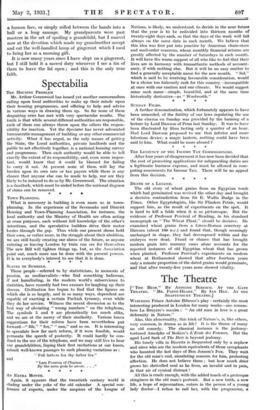which had germinated was revived the other day and brought
a decisive contradiction from Sir E. Wallis Budge in the Times. Other Egyptologists, like Sir Flinders Petrie, would support him, as the result of experiments on the spot. It is bard to kill a fable when it is so picturesque. But the evidence of Professor Percival of Reading, in his standard monograph on "The Wheat Plant," should be decisive. He examined wheat grains from a Greco-Roman cemetery at Hawara (about 100 B.C.) and found that, though seemingly unchanged in shape, they had decomposed within and the embryos were dead. Fraud or chance that has brought modem grain into mummy cases alone accounts for the reported instances of old Egyptian wheat that has grown when planted. Professor Percival's experiments on modern wheat at Rotharnsted showed that after fourteen years only a minute proportion of the dated grains would germinate, and that after twenty-five years none showed vitality.




































 Previous page
Previous page